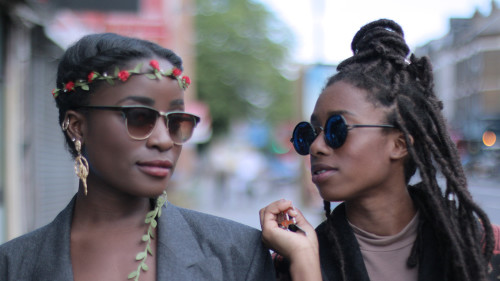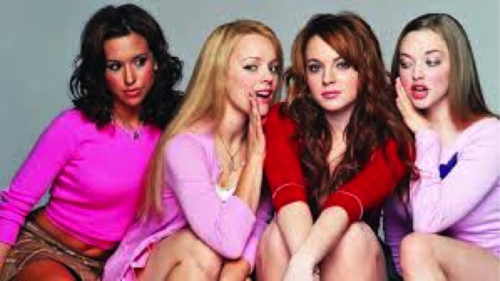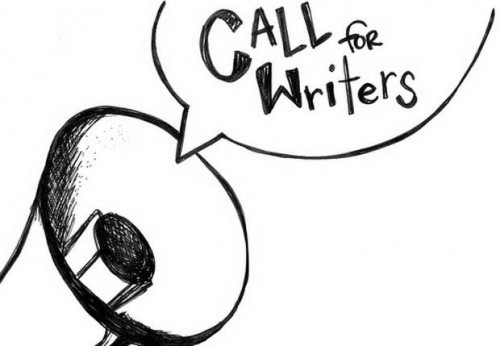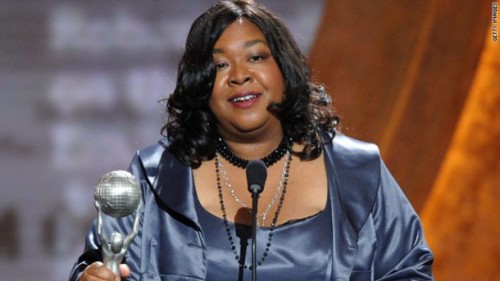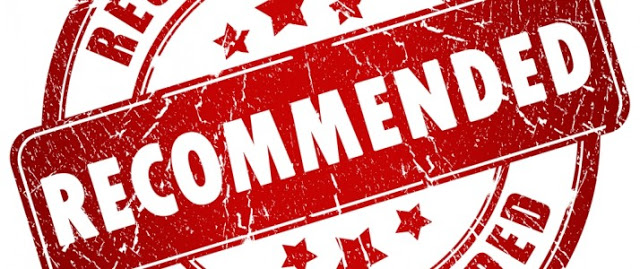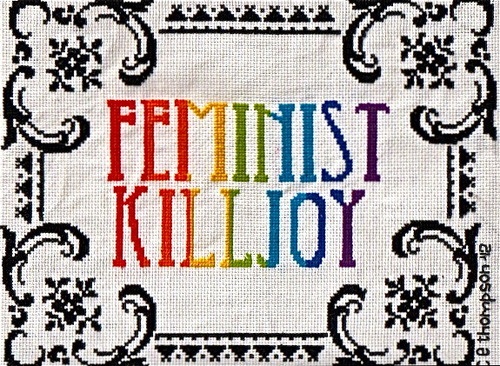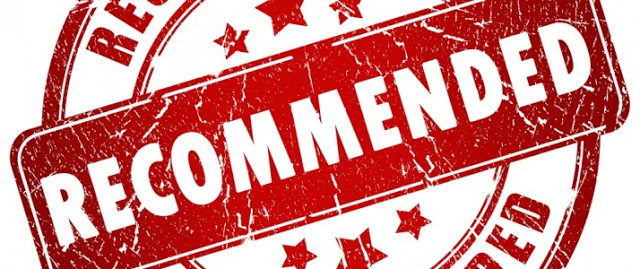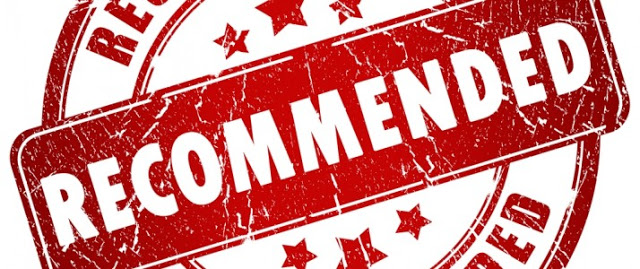The Fresh Slice of Life of ‘Ackee & Saltfish’
Friendship between women has been depicted in an array of illustrious shapes in our pop culture. Who hasn’t seen the indelible images of Thelma and Louise, Cher and Dionne, Romy and Michelle, Leslie and Anne? The new kids on the block that will nestle themselves into our cultural lexicon are: Olivia and Rachel. British humor is revered and known for blending dark humor with peculiar physical comedy, but try listing at least three films off the top of your head that are focused on the Black British experience and black British humor; you’ll likely come up short. However, there’s now ‘Ackee & Saltfish,’ a witty step forward in closing the gap.
